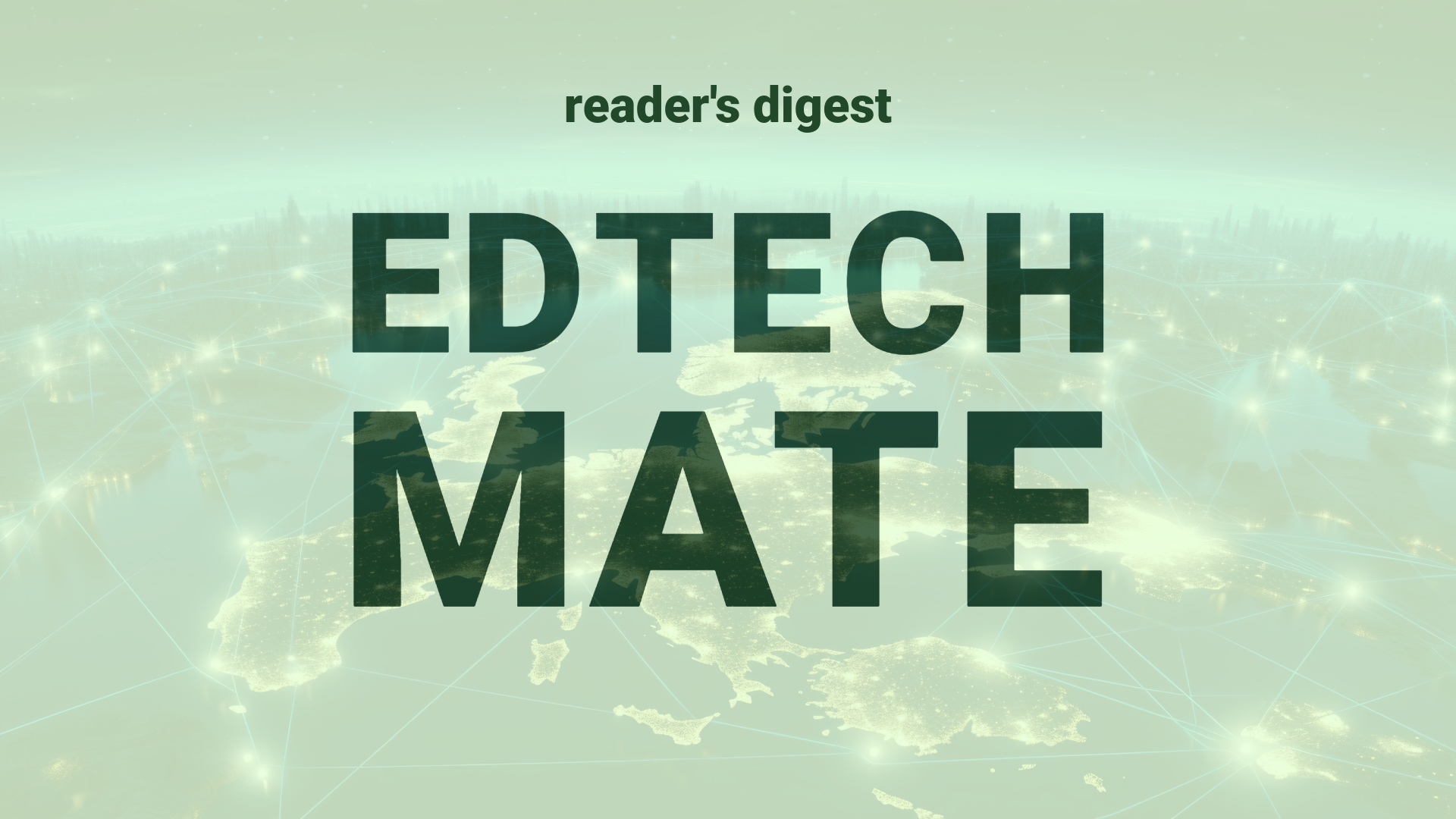Executive Summary and Main Points
The realm of academic publishing is a critical factor for academics in advancing their careers and securing funding. However, it is riddled with systemic issues and a tendency for gaming the system. Predatory journals and the leverage of “scientific celebrities” greatly influence publication and citation practices. Impact factors dictate the perceived value of research within the community. The current model, criticized for its inefficiencies and exploitation of free labor, demonstrates an unsustainable paradigm in disseminating academic knowledge.
Potential Impact in the Education Sector
The dynamics of academic publishing can shape the progression of Further Education, Higher Education, and Micro-credentials. Universities and colleges may reconsider their partnerships, seeking to align with entities that uphold integrity in publishing. The emphasis on high-impact publications might motivate institutions to foster digital literacy to discern credible journals from predatory ones, ultimately influencing their research culture and guiding students towards ethical scholarship.
Potential Applicability in the Education Sector
Innovations that apply artificial intelligence and digital tools are ripe for adoption within global education systems. AI could be used to enhance peer-review quality or to identify predatory publishing practices. Digital platforms might enable broader access to reputable journals, facilitating a move away from paywalled articles to more open-access models. By integrating these technologies, educational institutions can uphold academic rigor while expanding global access to scholarly works.
Criticism and Potential Shortfalls
Despite potential benefits, the current academic publishing system is marred by issues that include the manipulation of citation metrics and an overreliance on journal prestige. Case studies reveal that predatory practices can tarnish the reputations of researchers and institutions. Ethical considerations arise regarding the accessibility of funded research. Furthermore, there is a cultural bias towards Western standards and languages in global publishing, which may marginalize research from developing regions.
Actionable Recommendations
To navigate the complexities of academic publishing, international education leadership should:- Encourage transparency and research integrity within their institutions.- Leverage AI to aid in the detection of unethical practices in publishing.- Develop partnerships with credible journals and consortia that promote open-access models.- Train researchers in the nuances of authorship, citation practices, and the responsible use of impact metrics.- Engage in global dialogues to ensure diversity and equitable representation in academic publishing standards.By adopting these strategies, higher education leaders can foster a more equitable and trustworthy scholarly communication landscape

